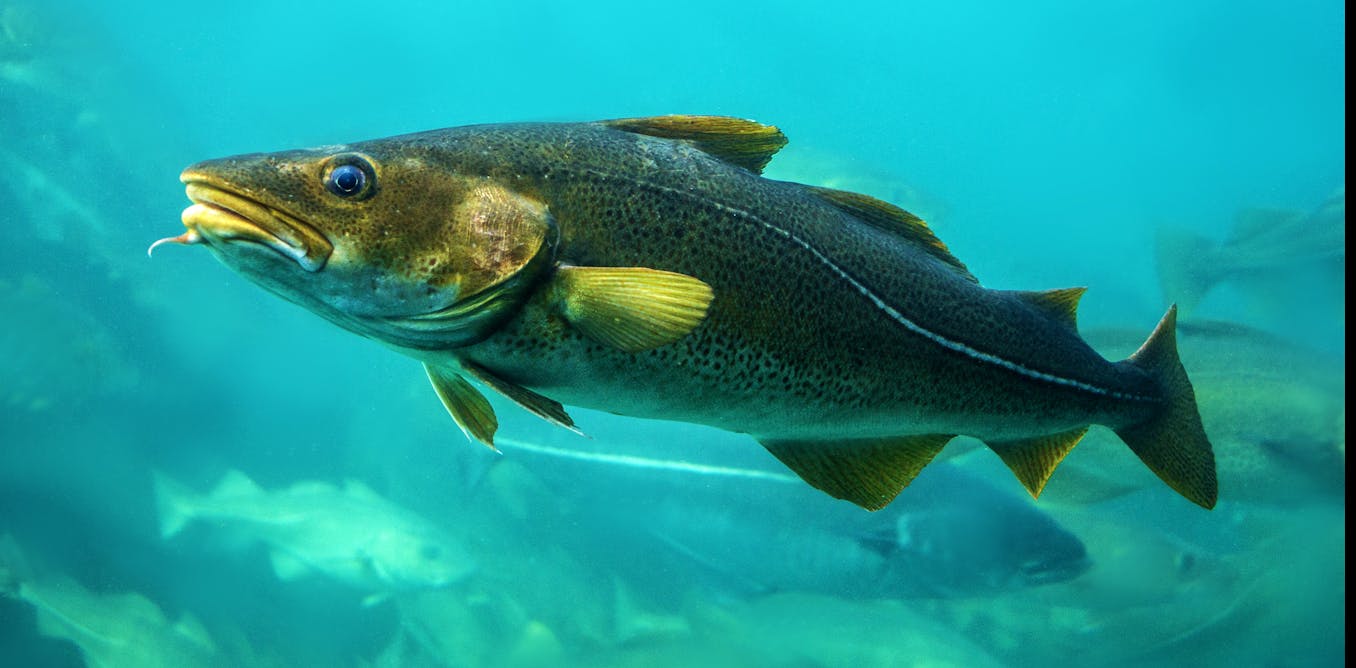How a new app helps fishing boats avoid endangered species
A collaborative approach with Scottish fishers has led to an app that shares data about the location of endangered species so that other fishing vessels can avoid them.
Sept. 15, 2021 • ~5 min
Seafood: most Europeans struggle to identify the fish they eat – new study
When fish are out of water, consumers are out of their depth.
March 15, 2021 • ~5 min
The Atlantic: The driving force behind ocean circulation and our taste for cod
The Atlantic Ocean is still growing physically, but humans are over-harvesting its rich fisheries. The most famous one – North Atlantic cod – has become a textbook example of harmful overfishing.
Dec. 6, 2020 • ~17 min
Climate change pushing up levels of methylmercury in fish
A new study concludes that while the regulation of mercury emissions have successfully reduced methylmercury levels in fish, spiking temperatures are driving those levels back up and will play a major role in the methylmercury levels of marine life in the future.
Aug. 7, 2019 • ~8 min
At Harvard, shark researcher documents surge of great whites off Cape Cod
For the past decade, scientist Greg Skomal and a team of researchers have been tagging and studying great white sharks off the Massachusetts coast. He hopes his work tracking the sharks’ movement, biology, and behavior will help shed light on the giant predators, help protection efforts, and perhaps reduce their encounters with humans.
April 3, 2019 • ~7 min
/
1




